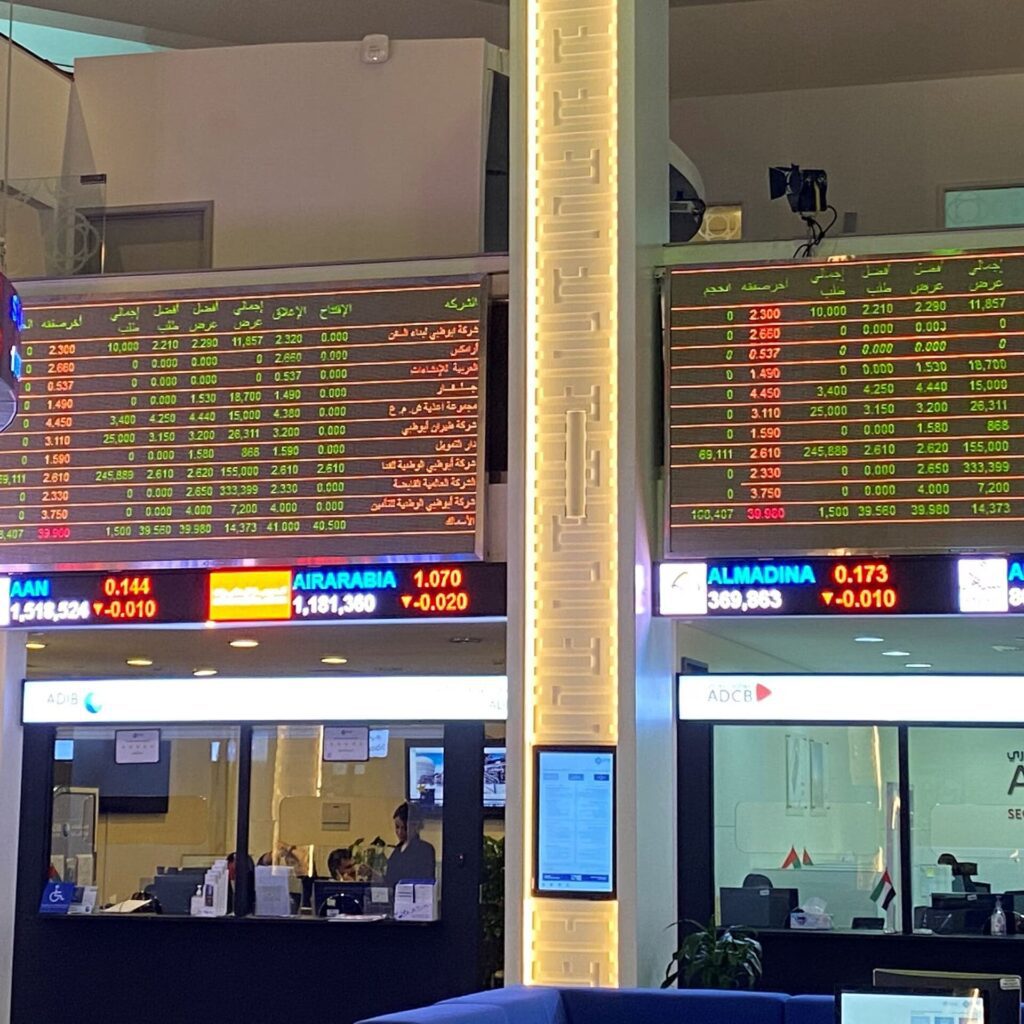How the Israel-Gaza Conflict Might Impact Global Markets
The ongoing Israel-Gaza conflict, while geographically isolated, has the potential to send shockwaves through global markets. Analysts and experts are closely monitoring the situation, assessing various scenarios and their potential implications for the world economy. Here, we delve into key aspects that could shape the impact of the Israel-Gaza conflict on global markets.
1. Iran’s Role and the Oil Market
Iran, Then Oil
One critical factor that could escalate the conflict’s impact is the involvement of Iran. The possibility of heightened U.S. sanctions on Iranian oil is a focal point. According to Brent Belote, founder and CIO of Cayler Capital, a crackdown on Iranian oil exports could swiftly remove a substantial portion from the market, potentially causing a significant spike in oil prices. The historical precedent of the Yom Kippur war in 1973, where oil surged over 300%, serves as a reminder of the potential volatility.
2. Inflationary Pressures and Economic Downturn
Inflation Spike?
The global economy has been grappling with inflationary pressures, and a surge in oil prices could exacerbate this situation. Alessia Berardi, head of emerging markets macro and strategy research at Amundi, warns that higher commodity prices, triggered by Iran’s involvement, could disrupt the current disinflationary outlook. The recent 45% surge in gas prices is already a cause for concern, indicating potential challenges on the inflation front.
3. Currency Dynamics in a Crisis
Strong Dollar?
In times of geopolitical uncertainty, demand for safe-haven assets tends to boost the U.S. dollar. However, the situation is nuanced. Amundi’s Berardi suggests that the dollar might not be a one-way bet if high oil prices and inflation lead to a U.S. recession. Trevor Greetham, head of multi-asset at Royal London, points out the potential for a “global risk-off move,” which could strengthen the yen as Japanese investors repatriate their funds.

4. Impact on Emerging Markets
Submerging Markets
The ripple effects of the conflict extend beyond the directly involved nations. Israel’s currency, bonds, and stocks have felt the impact, along with other nations in the region. Barings’ Head of EM Corporate Debt, Omotunde Lawal, notes that the Israel-Gaza war adds to the list of challenges dampening emerging market sentiment. While some emerging markets remain resilient, a regional escalation could spell trouble for oil-importing countries.
5. Tech and Market Dynamics
Tech Jitters
The relationship between oil stocks and big tech is worth exploring. Historical data from MSCI’s gauge of global tech stocks in 2022 indicates an inverse correlation to oil and gas shares. If U.S. rates rise in response to inflationary concerns from the conflict, a similar pattern could emerge. Moreover, the potential disruption to digital infrastructure, especially in locations like Egypt, poses additional risks to global markets.
Conclusion: Navigating Uncertainty
As the Israel-Gaza conflict unfolds, global markets brace for potential turbulence. The interconnectedness of geopolitical events with economic dynamics underscores the need for a vigilant approach. Investors and policymakers alike must closely monitor developments, considering the diverse factors at play—from oil prices and inflation to currency dynamics and tech market shifts.